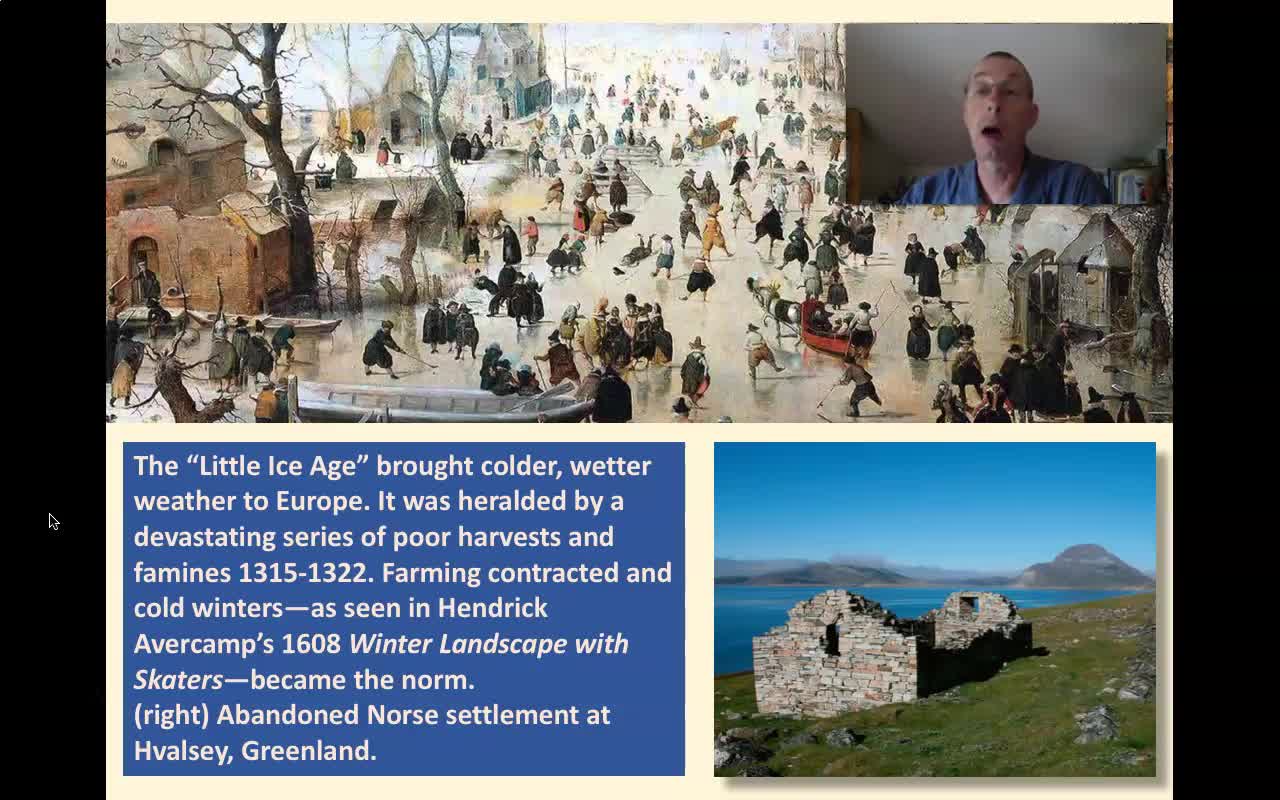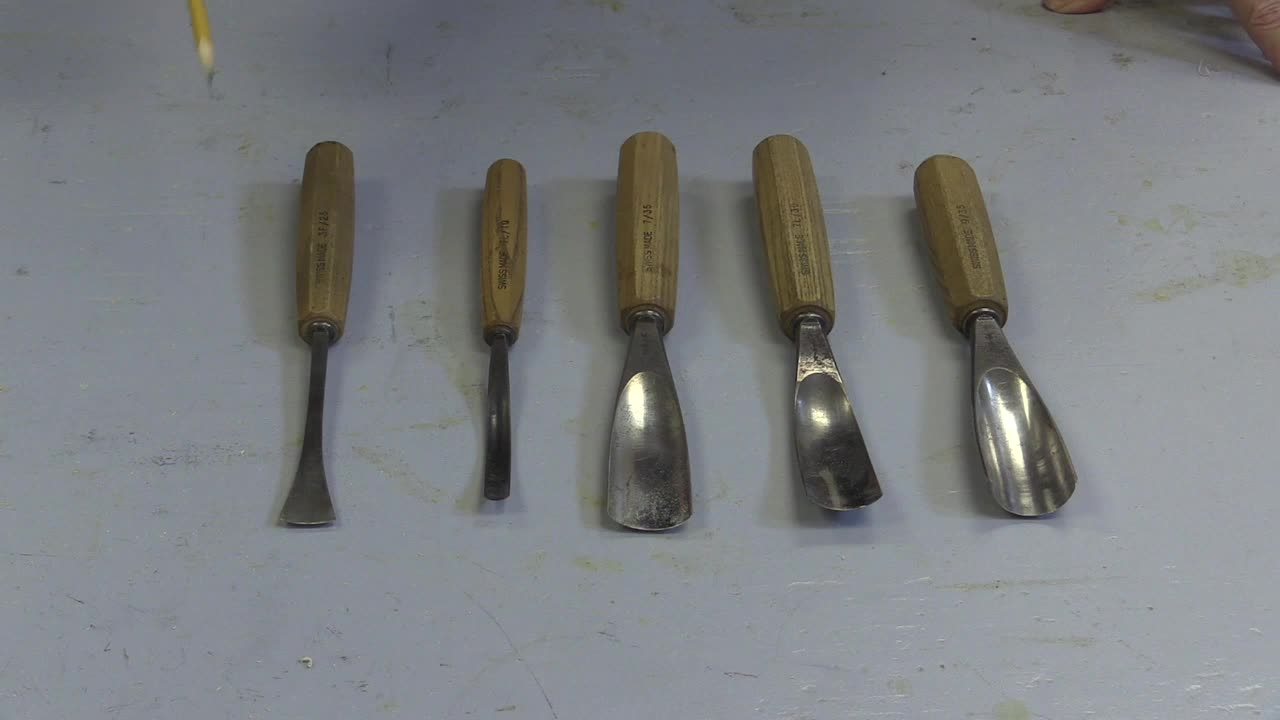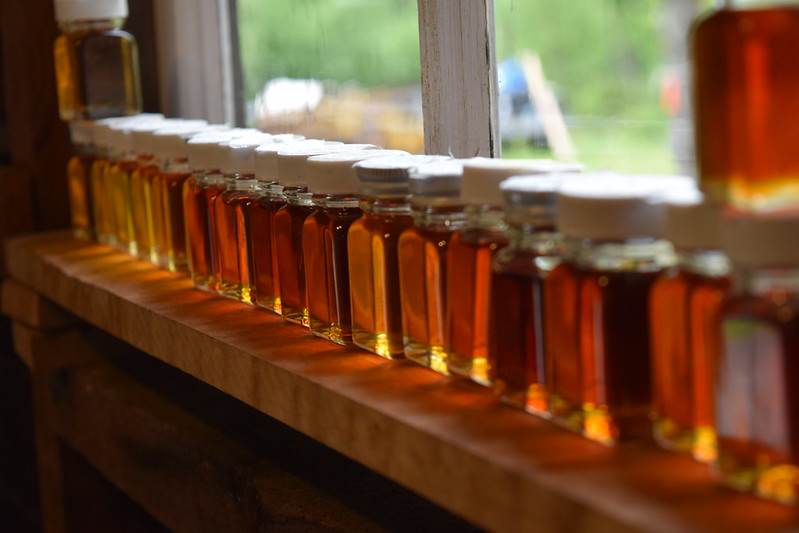Search Results
Results for: 'MD and Gregory Holmes'

GRS001#29_Resistance and Rebellion
Lecture introducing part three of the course, "Resistance and Rebellion."

Pedagogical Sound Bite: The Power of Transparent Assignment Design
This workshop presents an overview of Transparency in Learning and Teaching in Higher Education (TILT), an award-winning, scholarly project focused on improving students' learning experiences. Evidence from a national study shows that when facul...

HST67/ENVS167#3-4_Patterns of Change and Continuity
Lecture on endogenous and exogenous factors shaping patterns of rise and fall

Discussion of the use of vises and clamps and various hand tools and carving techniques.

Some producers use membrane separation (called "reverse osmosis" or simply "RO" within the maple industry) in addition to evaporation with heat. In this process, sap is forced through membranes that have pores which are large enough for water to p...

According to the 2019 USDA NASS maple syrup report approximately 90% of Vermont's total annual maple syrup production (about 1.8 million gallons) was sold into the bulk market. The remainder of the crop was sold either to retail or wholesale custo...

All green plants, which includes trees, need sunlight to produce energy for survival. Some trees can satisfy their basic needs with less light than others. Sugar and red maples are two examples of such trees. They are both considered shade-toleran...